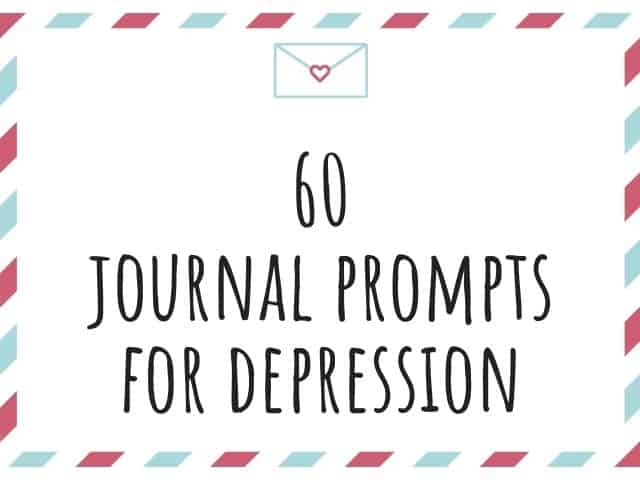

Connection in general generates powerful emotions. PRAY: Ok I am NOT religious, and, when I find myself in a regular spiritual ritual (like pulling tarot or following a guided meditation) I feel much more connected to something outside of myself. Yoga is a gentle, meditative way to find your center, and maybe your spirit. Often I find the reason I’m “feel-less” is that I’m not in my body (danger zone if I’m also not in my head).

YOGA: Nothing like a yoga class to slow you down and bring you back to the body. ( I have some awesome dance playlists here ) Music is a powerful way to tune into the body and soul-try it. Put on music that pulls at the heartstrings (although I don’t recommend songs that specifically remind you of negative events, as that may be re-traumatizing). So, as someone who has lived in emotional lability-la-la land AND taken four day naps with my cousins apathetic and anhedonia, what does it feel like (no really, I’m asking you) TO BE IN THE MIDDLE? And, if you’re curious or concerned about your relationship to feeling, I invite you to talk to your doctor or a therapist. Then there’s apathy’s twisted sissy anhedonia, the really delightful lack of feeling pleasure or joy.įriendly reminder: none of the above or following are meant to be diagnostic-just because you experience some apathy or emotional lability does not mean you have a clinical diagnosis of a mental illness. On the other end of the spectrum is apathy -the good ol’ feel nothing state that is often a characteristic of depression.

People with high emotional lability are often described as " sensitive " or having "thin skin." -VeryWellMind I used to have such extremes with my emotions.Įmotional lability is the tendency to shift rapidly and dramatically between different emotional states.
#Journal prompts for depression download#
Looking for more? Need more insight into IFS Journaling? I’ve written an ultimate guide for IFS Journaling, with a free download at the end.Ever felt like you were riding a fucking high one week then ready to pull the plug the next? Same, sis. Share with it the space you have to communicate with it, so you can work with it further in your next therapy session. Tell it you see how helpful it tries to be, even if it makes things worse. Let it know that you know how hard it wants to stop. For this journal prompt, imagine you write a letter to your depression. Fighting your depression takes a lot of energy, however, and ultimately may not be productive. That makes so much sense and is perfectly valid. It is often tough to do this because there are so many parts that don’t like what your depression does. Your Part journal prompt wouldn’t be complete if you didn’t make friends with your Depressed Part. The number of times a phrase repeats itself will show just as much as the number of total phrases you write. If you need to repeat yourself, that is okay. Set a time for 5 minutes and write all of the phrases that fill this in. At the top of your page, write down the phrase “My depression says…”. Writing down all of its catchphrases and irrational beliefs will help you do this. Sorting through your Depressed Part on a daily basis requires you to become aware of what you are hearing. Catchphrase: Journal Promptĭepression often holds a lot of negative self-talk. Whatever comes to mind, writer and/or draw it. Another client described their depression as a dark humanoid blob. I’ve heard others describe it as a dark wave that consumes all of the other parts. Take 10 minutes to depict your depression. Otherwise, think of this prompt as a way to work on your metaphors and similes. This is often easier than coming up with words. This prompt will call for whatever creativity you want to use. IFS Journaling prompts builds an expression of your depression, especially with depressed parts. Creative Expression: IFS Journaling Prompt Using IFS in your Journal to get to know your depression can be insightful and relieving.

This is why I love combining these two together. Creative expression and getting to know yourself is a huge part of creative writing and artistic expression. You can use a journal for far more than task management. Internal Family System work calls for a sense of creativity, and journaling falls right in line with that. She’s releasing a new book, which I will hopefully be enjoyed by the time you read this post. One of my favorites is Sabrina Benaim’s “Explain My Depression to my Mother”. Journal writing & Poetry have been used to explain mental health experiences for a long time. IFS Journaling prompts for depressed parts can bring a lot of insight and understanding. 3 Journaling Prompts for IFS and Depression


 0 kommentar(er)
0 kommentar(er)
